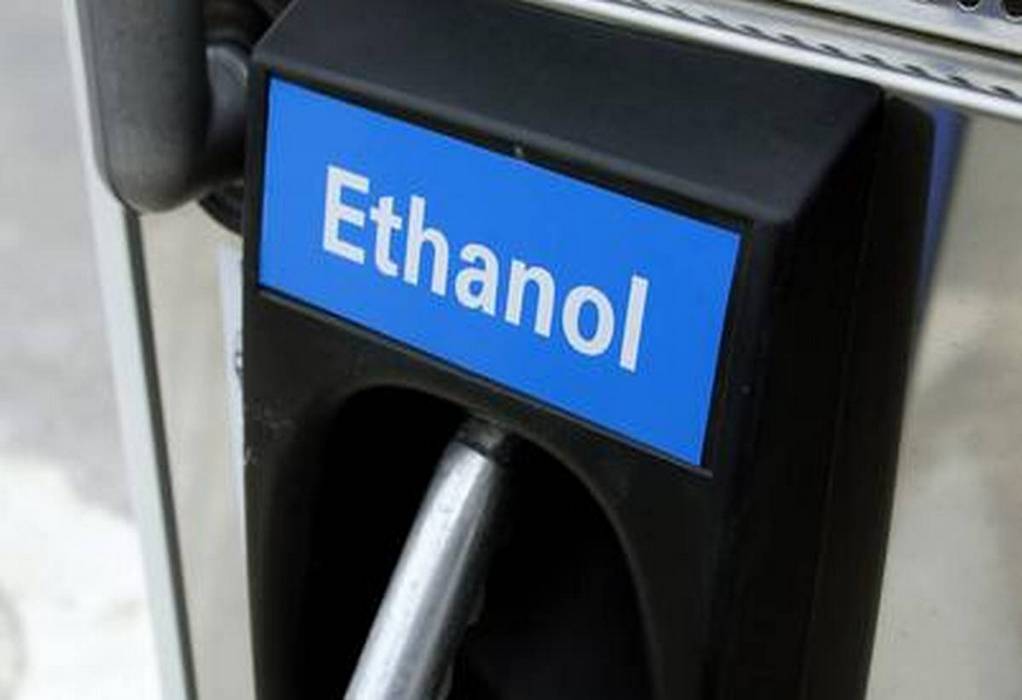RUDN University chemists have improved the catalyst for ethanol conversion. With it, a mixture of compounds with a high-octane number was obtained. This was achieved thanks to a special substrate for the activated carbon catalyst. In the future, such developments will help to obtain more environmentally friendly fuel additives and thus reduce the carbon footprint. The results are published in Fuel.
The chemists took a catalyst consisting of molybdenum, cobalt, potassium and sulfur (KCoMoS2). Such catalysts are usually enhanced with a scaffold support. RUDN University chemists compared several substrates. One consisted of alumina – aluminum oxide. The second substrate was also made of alumina, but additionally coated with carbon. Two more substrates consisted entirely of activated carbon.
Tags: Aluminum Oxide, Carbon Catalyst, Ethanol, RUDN University



Recent Posts
Port of Tauranga to Trial New Zealand’s First Fully Electric Straddle Carrier
CMA CGM Scales Up Low-Carbon Fleet and Fuel Infrastructure to Meet Net Zero Targets
OceanScore Crosses 2,300-Vessel Mark as Demand for Compliance Solutions Grows
HD Hyundai and H-Line Shipping Collaborate on AI-Powered Autonomous and Eco-Friendly Vessel Technologies
MOL Holds Naming Ceremony for LNG-Fueled VLCC Energia Viking at DACKS Shipyard
Egypt Advances Maritime Decarbonisation with National Action Plan Backed by IMO
Fuelre4m unveils VIRDIS: A predictive AI breakthrough in global fuel distribution, powered by Five9nes
EXMAR Launches First Ammonia-Fueled Gas Carrier at HD Hyundai Mipo